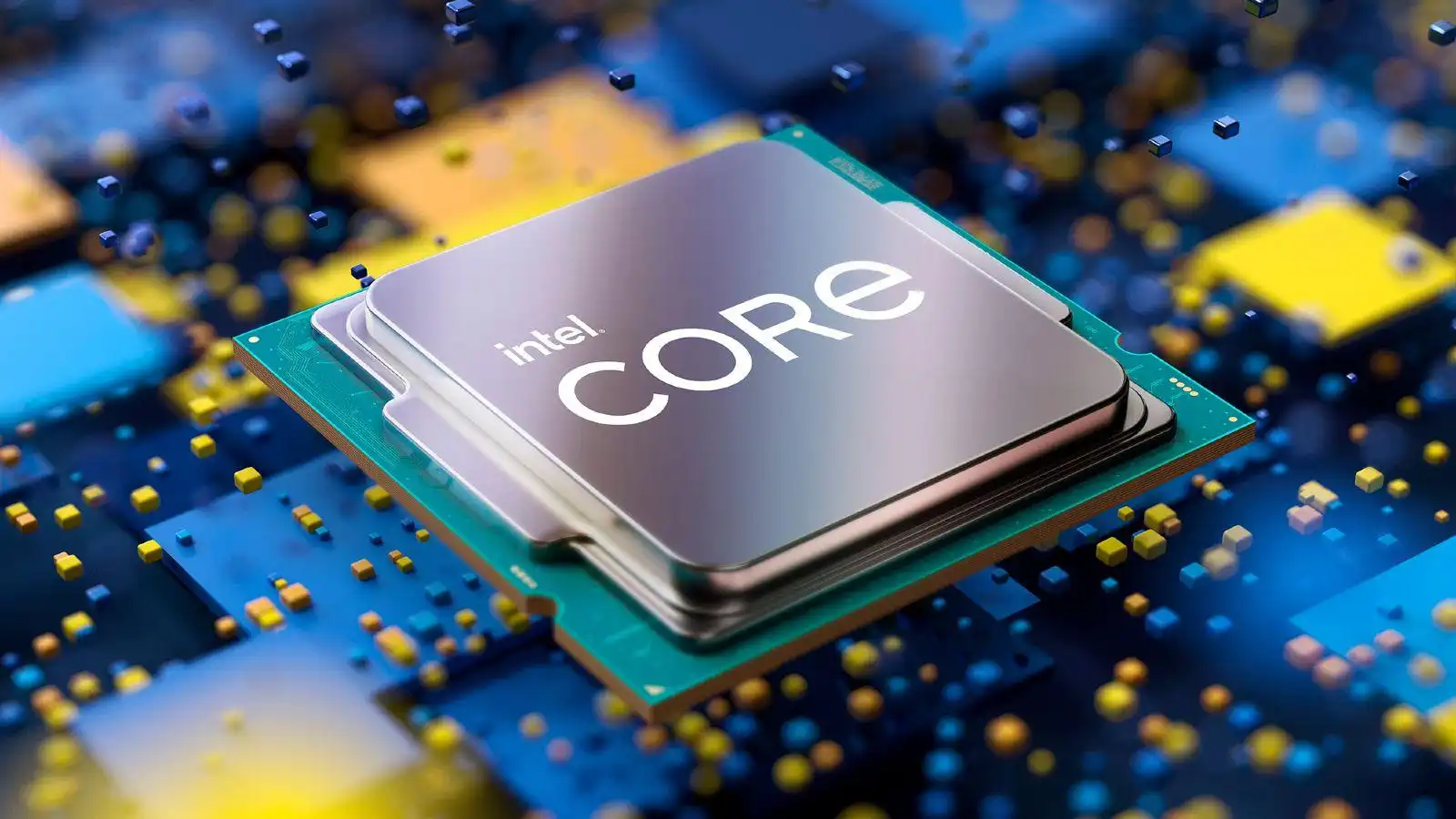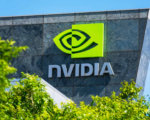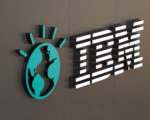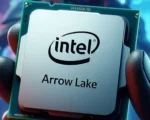Intel’s AI Chip Sales Fail to Meet Projections Despite Optimistic Forecasts

Intel’s (INTC.O) revenue forecast exceeded market expectations on Thursday, but the results highlighted a weak spot for the tech giant: sales of its AI-focused Gaudi chips have significantly missed targets. Initially projecting sales of over $500 million for Gaudi AI accelerator chips in 2024, Intel has now abandoned that forecast. CEO Pat Gelsinger attributed the slow sales to issues with software compatibility and the ongoing transition from Gaudi’s second to third generation.
Despite Intel’s promising overall revenue, which boosted its stock by 5% in early trading on Friday, the company’s shares are still down by over 50% for the year. Intel continues to face challenges in capitalizing on the AI market, where its main competitor, Nvidia (NVDA.O), has consistently led. After the 2022 launch of the AI tool ChatGPT, powered by Nvidia’s GPUs, Intel hoped its AI offerings could capture more market share. Gelsinger had pushed for higher projections, advocating for a $1 billion revenue goal in 2023, as Nvidia’s sales soared in comparison.
Intel faced obstacles early on in its AI strategy. In July, Gelsinger announced a “pipeline of opportunities” worth over $1 billion for Gaudi, though Reuters sources indicate Intel did not secure adequate chip supplies from contract manufacturer TSMC (2330.TW) to fulfill this target. Intel defended its high projections, stating that not all pipeline opportunities translate into revenue but emphasizing its drive for ambitious internal goals.
In 2023, Intel assured investors it had the potential to secure over $2 billion in AI-chip deals, with an expectation of generating over $500 million in AI revenue for 2024. On Thursday, however, Gelsinger confirmed that this forecast had been withdrawn, shifting focus to longer-term opportunities in AI.
Analysts expressed skepticism regarding Intel’s future in AI. Vivek Arya of Bank of America asked Intel about its AI strategy in light of potentially losing CPU market share and lacking a competitive AI product. Gelsinger replied that CPUs were increasingly significant in AI data centers and that customer interest in Gaudi remained promising, especially with the improved benchmarks of the chip’s third generation.
In the broader picture, Intel reported $13.3 billion in third-quarter revenue, surpassing analysts’ expectations, although it posted a loss of $16.6 billion due to impairment and restructuring charges. According to Michael Ashley Schulman, Chief Investment Officer of Running Point Capital, Intel’s focus on cost-cutting and growth has potential, though he noted concerns over Gelsinger’s management approach, suggesting Intel’s leadership might be overestimating its progress and market position.




















